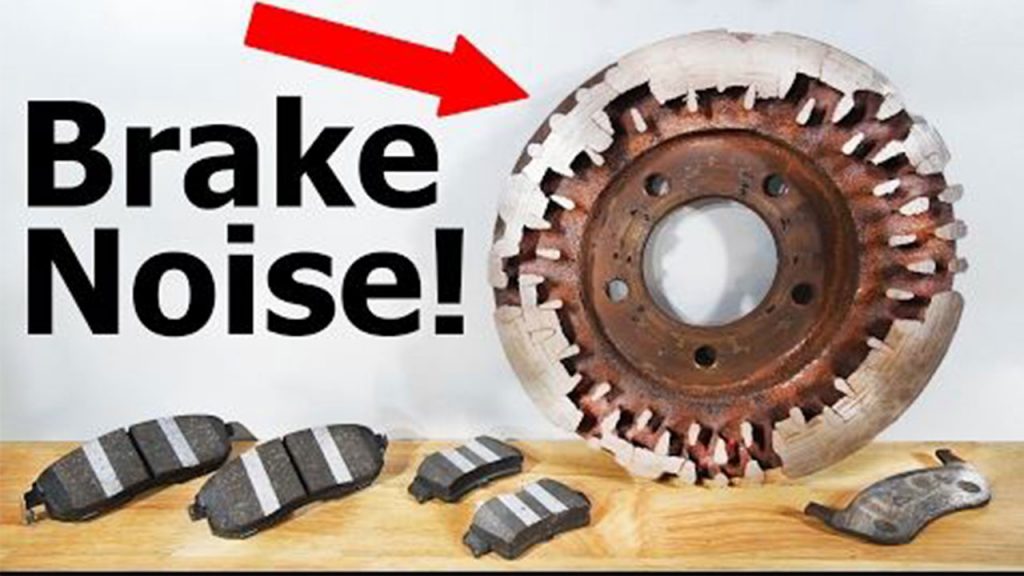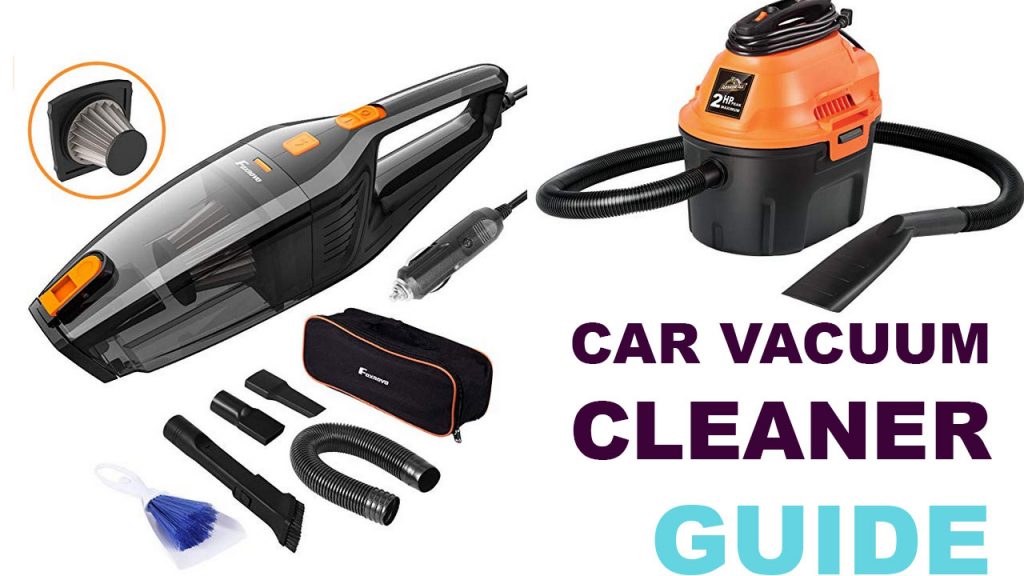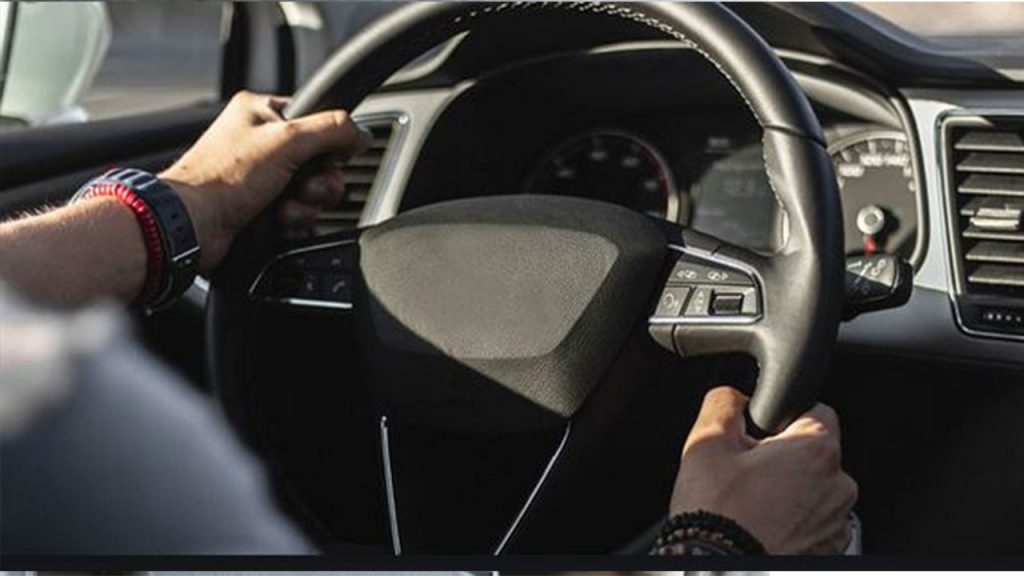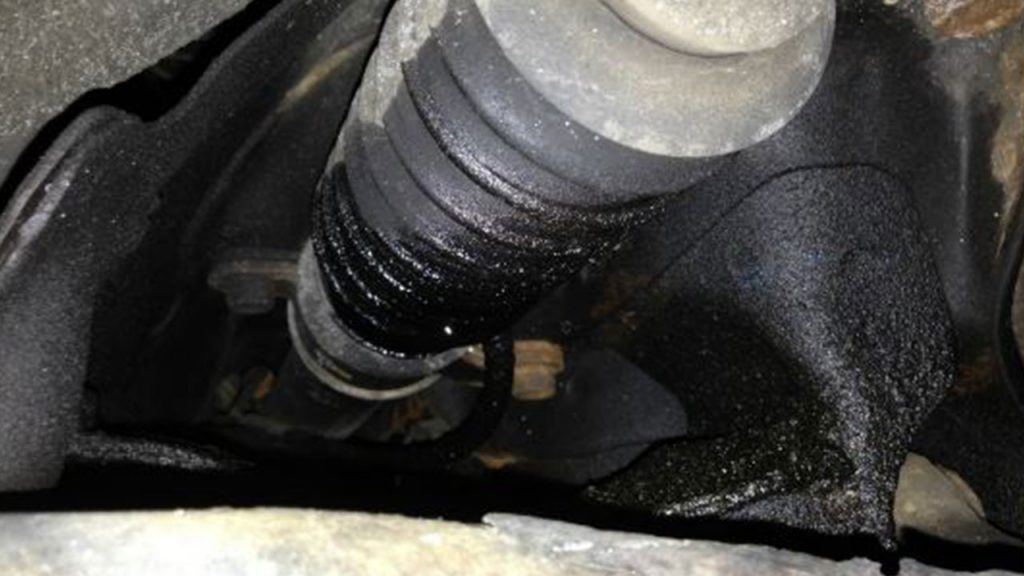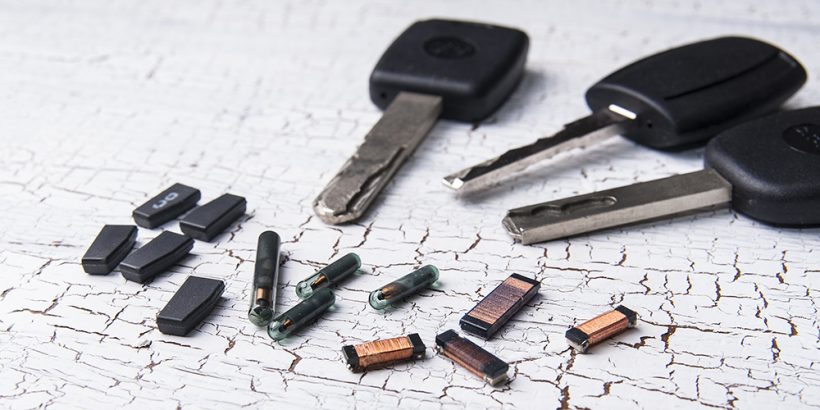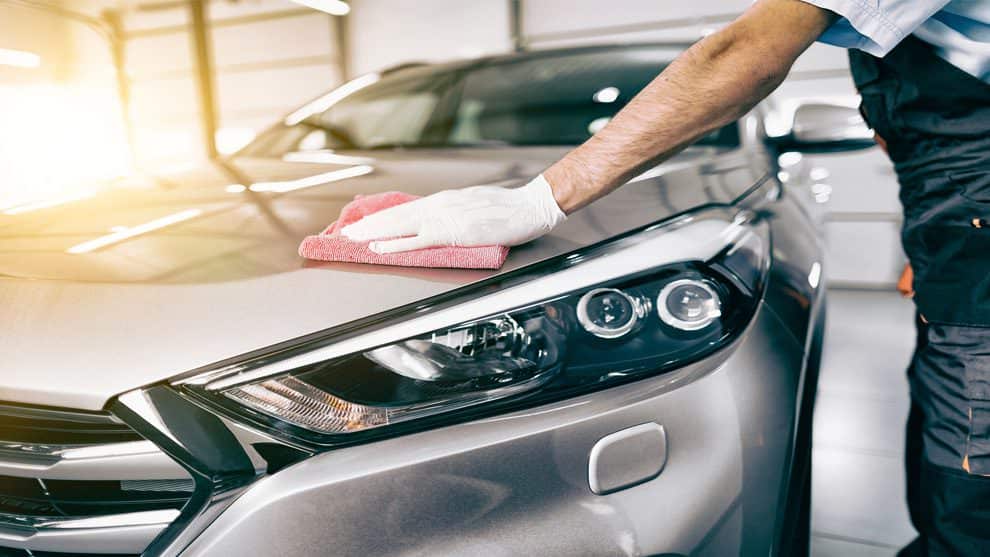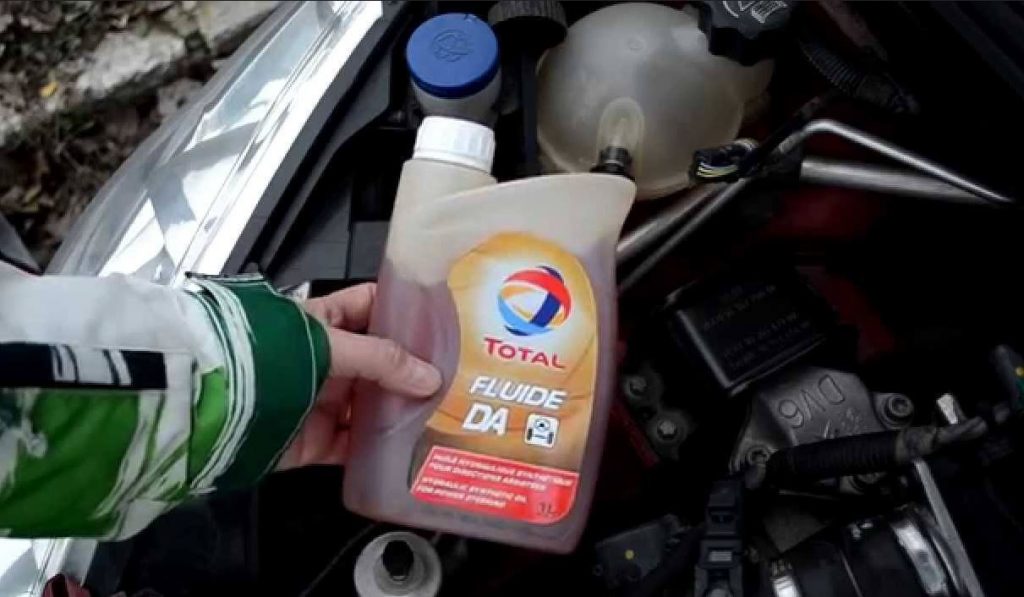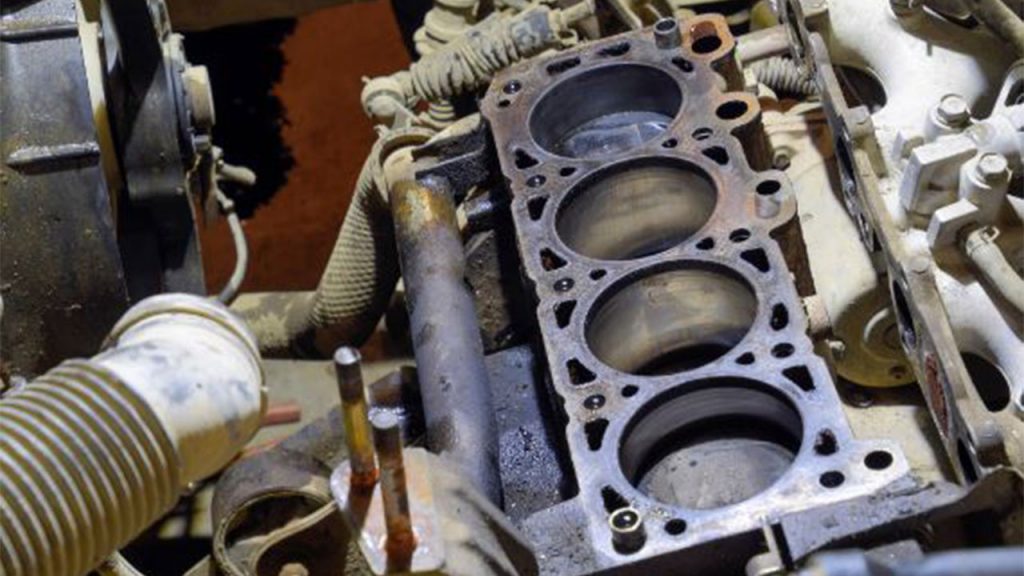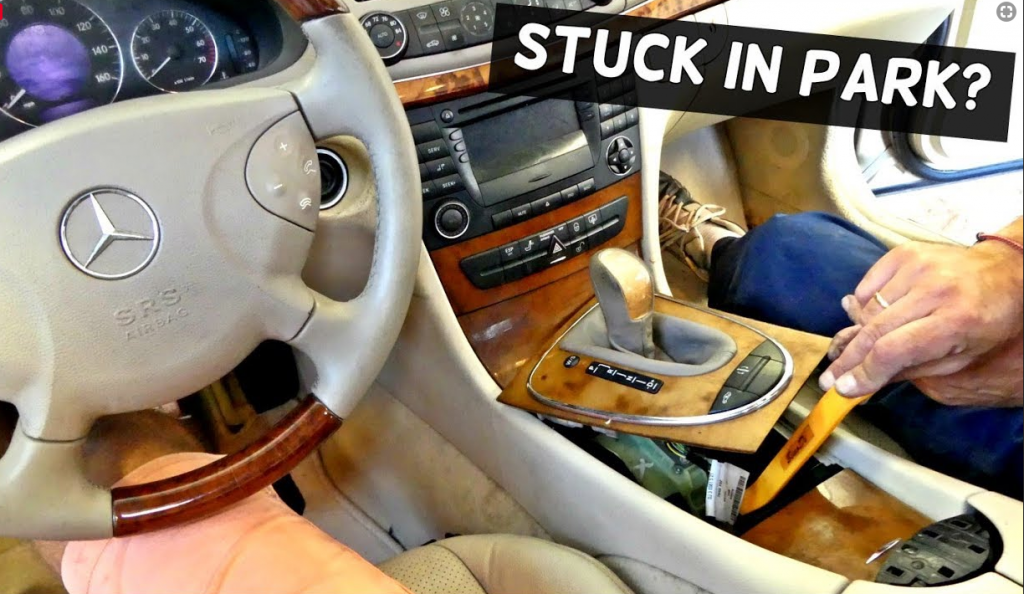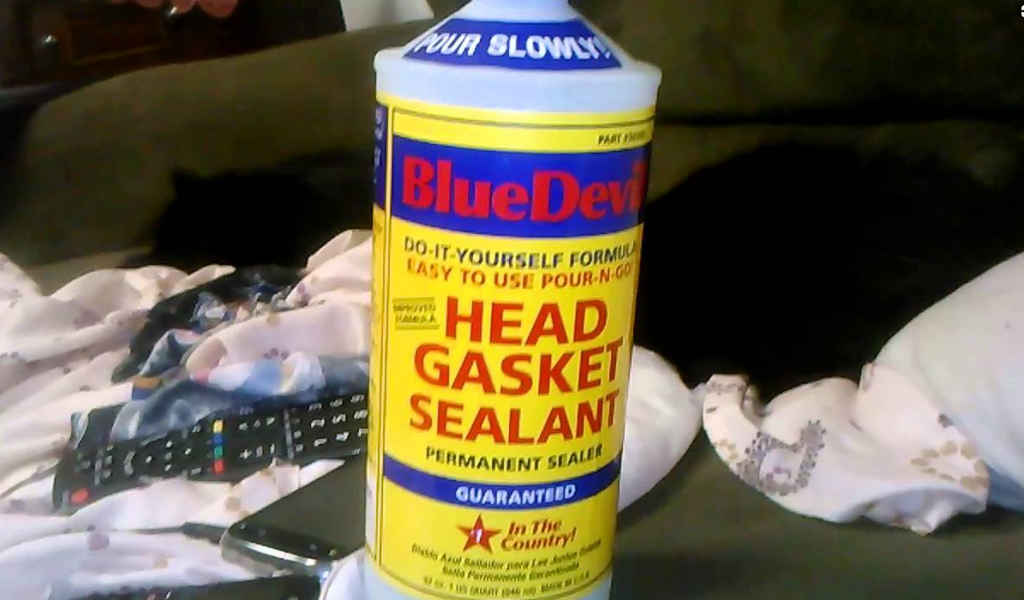Last updated on November 1st, 2021 at 06:33 am
Reason new brakes make grinding noise at low speed
Brake Noise can very be annoying, but at some time a lifesaver because it alerts us when there is a problem with our car brakes. In this article, we are going to look at 10 common causes of brake grinding noise when braking but pads are fine
We will also look the number 1 main Cause of brakes grinding at low speed. Why are you might notice new brakes make grinding noise at low speed. And finally, you will get my response to the query “how long can you drive on grinding brakes”?
If your car makes grinding noises when braking, then it signifies a warning sign indicating a problem with either the brakes or the rotors. Never overlook the braking noises from your car for fear of repair cost.
If you delay to rectify the issue and continue using the car, it may eventually cost a huge amount of money to fix, a cost that could have been avoided if you had checked it earlier.
Also Read: Why is Your Car Temperature Gauge High But Car Not Overheating?
10 Causes of Grinding Noise When Braking Pads are Fine
The parts of a vehicle cannot last forever. As time goes by, they undergo wear and tear, but it is vital to identify and fix the problems before it deteriorates to a stage that is beyond repairs or that would cost you a fortune. Now, in this section, we have brought you the ten possible causes of grinding noises when braking pads are fine.
1. Solids lodged between Rotor and Caliper
Components of the rotor and calliper can catch grime, dirt, and dust, this is considered normal. However, it may lead to a problem when small rocks or other solid objects from the road lodge between the calliper and rotor. This can lead to the brakes making grinding noise whether you push the brake or not. Solid objects between these components can lead to major damage. Related Post: 11 Best 4 Channel Car Amp for Sound Quality
2. Worn-out Brake Pads
One of the causes of your car making grinding noise when braking is worn-out brake pads. You need to change your braking pads if you have used them for a long time. Worn-out brake pads makes the backing plates to steadily lose their material, thereby causing metal to touch other metal, resulting in squeaking noises. The rotor can also rub against the caliper, scraping its metal surface. If left unchecked for long, the brakes will get broken down severely.
3. Worn-out Rotor Discs
Another possible cause of grinding noises when braking is worn-out rotor discs. Squeaking sounds can emanate from rotor discs that aren’t flat. Worn-out rotor discs will create scraping sounds and a lot of vibrations from the braking system. These vibrations come at uneven forms and can be felt through the brake pedal.
4. Poor quality of Brake Pads
It is wrong for you to buy a low quality brake pads simply because you want to save cost. Low-grade quality brake pads contain metal chunks, which will rub and scrape on the surface of the rotor, leading to serious damages. Instead of low-quality brake pads, go for good products from reliable brand. It may be expensive, but it would eventually save you cost from huge repairs that a poor braking pads would cause.
5. Broken Shims
Broken shims is yet another possible cause for the grinding noise when braking. A worn-out shim will make contact with the rotor, and this will generate a grinding sound from the braking system. Ensure you or your mechanic replace the shims whenever you work on your brake.
6. Caliper Bolts that aren’t lubricated
Grinding sound when braking can also be caused by caliper bolts that are not lubricated. Though this is rare, but there’s still a possibility that it could. An auto-mechanic will have to replace new caliper bolts for you during repairs.
Related article: How Long Does it Take to Charge a Tesla + Tesla Battery Replacement Cost
7. Not Driving the Car Often
Your car may be making grinding noise when braking due to not driving it regularly. The average lifespan of brake pads is 20,000 miles. However, leaving your automobile in your garage for weeks can cause the brake pads not to last that long. Inactivity and bad weather can cause rust and corrosion to affect the rotors. The rust will spread to other parts, thereby destroying them. This can be avoided by driving your car regularly.
8. Broken-down Wheel Bearing
Grinding noises emanating from your wheels or quiet to loud vibrations may be caused by worn-out or damaged wheel bearing. Check the wheel bearings and switch them if necessary to get rid of those grinding sounds.
9. Brake drums
Most vehicles have drum brakes in back. Brake drums, just like rotors, get resurfaced once in a while. The cutting bit on the brake lathe take out the old braking surface, exposing a nice new mating surface. The cutting bit will form a groove in the brake drum during this process. This furrow will be so small that the naked eye can’t see it. Now, when the brake shoes ride on the new surface, they will follow the groove. If the groove is interjected, the shoes snap back, striking the backing plate. This causes an annoying thumping or grinding noise.
10. Not lubricating Brake pad
You have to properly lubricate the backside of the brake pads when you are installing a brake pad. You can lubricate using a brake caliper lube. Failure to lubricate this part can cause the metal of the pads and the metal of the caliper piston to rub against each other, causing grinding noises. Also, ensure you lubricate the caliper slider pins which connect the two sides of the brake caliper together before reinstalling.

What is the Consequence of Ignoring Brakes Making Grinding Noise?
You should never ignore a grinding noise when braking because it could put in safety in danger. Pushing the brake pedal causes the car to generate plenty of heat energy through friction. Though necessary, his action can cause the brake pads to wear out over time, leading to a damaged rotor and caliper, which can cause the brake to fail. If your brakes are faulty and left unchecked, it can lead to accidents which can claim live(s).
You have to replace the brake pads to avoid grinding down your rotors. Replacing your pads on time helps keep your rotors safe.
How Long can you Drive on Grinding Brakes?
Though some persons have said they were able to get away with driving their car on grinding brakes for about 2 weeks, I personally will advise against this. Try as much as you can to avoid driving your car with grinding brakes ever.
Driving your car on grinding brakes for 2 weeks is too long and risky. Though you can still drive the car for some time provided you don’t use the brakes too hard. But it is better to buy a new set of brake pads and have them changed with the old one immediately you notice the grinding sounds if brake pads are the issue here. if not, look up some the causes of grinding noise when braking but pads are fine above.
Or you can consult an expert mechanic to check the issues.
Related Post: PB BLASTER VS LIQUID WRENCH, WHICH IS THE BEST?
1 Common Cause of Brakes Grinding at Low Speed
Some persons have noticed that when they brake on high speed, their car doesn’t make any noise, however, their car starts making a grinding sound whenever they come to a stop. If braking at a low speed, under 25-30 MPH, causes the grinding noise to aggravate progressively until it comes to a stop, then you may have to change the front brake pads. One of them may have worn-out completely to the backing. You may also have to replace the rotor since it could have caused serious wear on the mating surface.
Why are my new brakes make grinding noise at low speed?
You may buy new pads and rotors and have them installed after noticing the grinding noise when braking. However, you may notice that the noise starts again few weeks after the new installation.
The brand or type of the pads and rotors purchased may be responsible for why your new brakes make grinding noise at low speed. Some types of brake pads can make squealing or grinding noise when brakes are applied even when new. These types are made from metal composite material. So, it is best to carry out research about the brand and what to expect before purchasing.
Signs of Poor Braking Pads |signs of caliper problems
If you notice your car making grinding sounds or other braking issues, here are some signs to look out for to ascertain if you ought to take your car for brake repair
- Brakes making a grinding noise that can be felt in the pedal. If this happens, you have to stop driving immediately and have your vehicle towed to a brake repair shop. Because driving it further can damage the brake discs or drums which are quite expensive.
- Car travels too far before coming to a stop in traffic. This could mean adjusting our brakes or getting new brake linings.
- Vehicle pulls to one side of the road when you apply the brake. A brake fluid leak or stuck calliper can cause this problem for vehicles with front disc brakes.
- Brake pedal thumps up and down when you stop in a non-emergency situation. A thumping brake pedal is caused by excessive lateral run-out.
- Steering wheel shakes when you brake. If your steering wheel shakes when you brake and you have disc brakes, then your front brake discs need to be replaced.
- Squeaky brakes when you stop fairly short. Squealing can be caused by worn-out brake linings that requires replacement.
- Your vehicle bounces up and down when you stop short. This means that your shock absorbers need replacement.
- Rusty film on your front wheels. Rusty dust on your front wheels and a rusty spray on the front doors and fenders is as a result of disc brakes that have completely worn the pads off and are now metal on metal. That rusty dust is iron and steel shaving that come out as sparks and can even embed into your paint. Avoid driving your car in this condition as it is very unsafe.
Are the Grinding Sounds From Braking System Dangerous?
Yes, a grinding sound from your car braking system is dangerous if left unattended to. The safety parts of your vehicle are controlled by the braking system. So, don’t ignore any warning signs. If you notice any warning signs like squeaky or grinding sound when braking, ensure you get your vehicle checked immediately.
What is the Cost of Replacing Brakes and Rotors?
Fixing a brake for one wheel including new callipers, pad replacement, new rotors can cost you from $300 to $800, including the cost of labour. However, this depends on your car and other factors. Note that if all of these parts require replacement, then you should budget about $1000 or above. Though the average cost of replacing brakes and rotors is around $500.
Can I Drive My Car With Bad Rotors?
Driving with bad rotors is not ideal because bad rotors lack the ability to absorb and disperse heat causing the braking system to swelter. Though you may still drive a car with bad rotors, but these bad rotors will create the point that the brakes cannot function effectively and might totally fail, thereby endangering your safety and that of others.
Concluding on 10 Causes of Grinding Noise When Braking Pads are Fine
In this post we have look at then 10 common Causes of grinding noise when braking but pads are fine, we also discussed how long can you drive on grinding brakes, the one common Cause of brakes grinding at low speed and the main reason why you possible might experience a new brakes make grinding noise at low speed.
We hope this post has helped you. Please feel free to share.
What to Read next: Average length of a Car| How Long is the Average Car?
Top 10 Best Headliner and Fabric Adhesive for this year

